DRI seizes Rs 10 cr worth smuggled Chinese vitamin C
GUWAHATI, Aug 13 – Directorate of Revenue Intelligence (DRI) has busted a syndicate involved in smuggling of Vitamin C (Ascorbic Acid) from China into India through Myanmar via the land borders in Northeastern States, a press release said.
In a major anti-smuggling operation conducted by the officers of DRI and Customs, the Department has seized a total of 122.5 MT of Ascorbic Acid (Vitamin C) valued at close to Rs 10 crore smuggled from China with the objective of evading not just the Customs duties and GST, but also Anti-Dumping Duty, all adding up to evasion of approximately Rs 4.81 crore.
In the biggest-ever anti-dumping duty evasion case detected in NE, the officers recovered and seized a huge quantity of Chinese origin Ascorbic Acid in bulk packs weighing 88 MT, valued at Rs 7.04 crore from several godowns situated at Vairengte in Mizoram. The cartons, each weighing 25 kg, bore inscriptions ‘Made in China’, said the release.
http://www.assamtribune.com/scripts/detailsnew.asp?id=aug1417/oth061
Lear More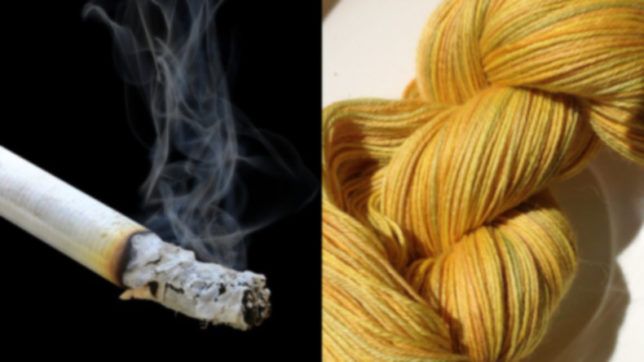
Government loses crores to illicit trade of goods and products, claims FICCI study
Illicit trade related to tobacco led to a loss of Rs 9,139 crore to the exchequer, a study released by FICCI on Friday has revealed.
The exchequer also bore losses due to illicit trade of mobile phones at Rs 6,705 crore and alcoholic beverages at Rs 6,309 crore, the FICCI report said.
The study, by FICCI CASCADE (Committee Against Smuggling and Counterfeiting Activities Destroying the Economy), also establishes a relationship between high taxes and availability of illicit products.
“High tax rates tend to exacerbate illicit markets by creating greater demand for cheap and counterfeit substitutes. A significant reason being that high tariffs and taxes create opportunities for those involved in illicit markets to step in and supply ‘reduced’ versions of the original product at lower prices,” said the report, titled ‘Combating Counterfeiting and Smuggling – An Imperative to Accelerate Economic Development for the period 2014-15’.
Lear More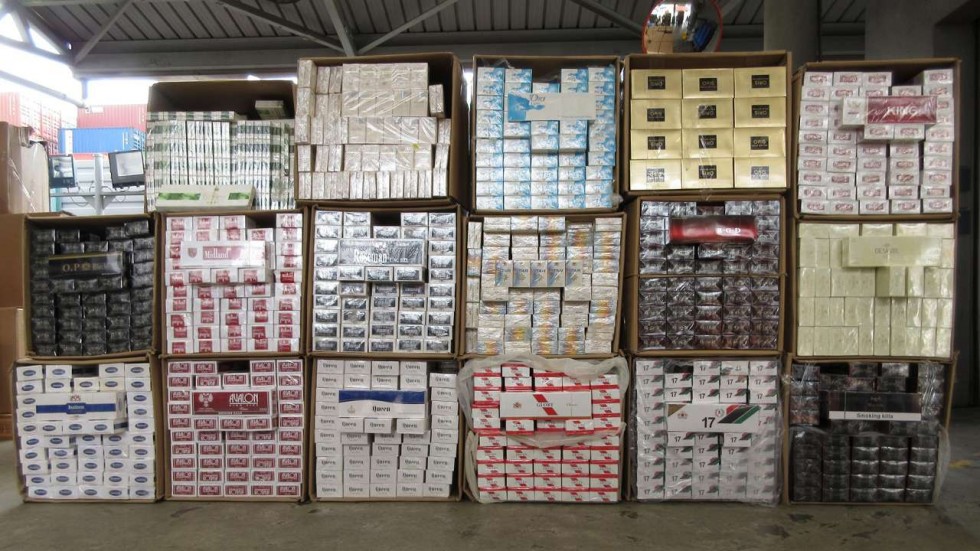
Crackdown by Hong Kong customs nets illegal cigarettes worth HK$57 million
Contraband cigarettes worth more than HK$57 million have been confiscated by Hong Kong Customs in 12 cases of tobacco smuggling from the mainland so far this year, a customs official said on Wednesday.
Details were revealed by assistant superintendent Lau Yuk-lung ,who heads the Customs division investigating illicit cigarettes, after customs officers made this year’s largest seizure of contraband in the city on Tuesday.
The HK$7.3 million haul was discovered when officers intercepted a Hong Kong-bound container truck at Man Kam To Immigration Control Point. The import document claimed it carried more than 800 cartons of assorted goods such as metalware and clothes.
Lear MoreBusinessman held for over Rs 3 crore gold smuggling
MUMBAI: Directorate of Revenue Intelligence officials on Wednesday arrested businessman Yusuf Kalwa in a case involving smuggling of 12.5kg gold worth Rs 3.6 crore through a courier. His son, Mustafa, is already in judicial custody for the same offence. They are believed to have smuggled in 50kg gold using the same modus operandi.
In July, DRI had unearthed a racket wherein gold was procured from Dubai and smuggled in Mumbai through courier from London. Officials had arrested two others, including Muzaffar Pawaskar, promoter of Global Trading Company, for allowing his company’s import-export code for smuggling in gold. The gold was declared as machine parts and coated with iron to evade detection. Customs has a courier cell but it carries out random checks of consignments.
Officials said in 2012, Yusuf and his wife Farida were arrested from the airport for attempting to smuggle 13 high-end Hublot watches worth Rs 1.82 crore from Dubai. Famida had wrapped the watches in a waist pouch and hid it under her burqa. Both were later released on bail.
Lear More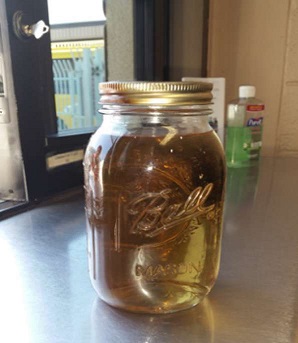
More than 1,000 containers of illicit alcohol seized at border
More than 1,000 containers of illicit alcohol have been seized at the Texas-Mexico border so far in the 2017 fiscal year.
This includes bottles that were not properly labeled, contained dangerous additives or were carried in improper containers that made the liquid unsafe for consumption.
Texas Alcoholic Beverage Commission officials have said that this is a common problem among travelers crossing into Texas from Mexico. Tax Compliance Officers from TABC’s Ports of Entry Division have spoken out about the dangers of this type of smuggling.
“It’s not uncommon for our TCOs to identify alcohol in unmarked containers, such as a gasoline container or water bottle,” TABC Ports of Entry chief John Reney said in a prepared statement. “These products, if allowed to enter Texas, could prove dangerous to consumers. For that reason, we seize the products and destroy them before they can enter the marketplace.”
Lear More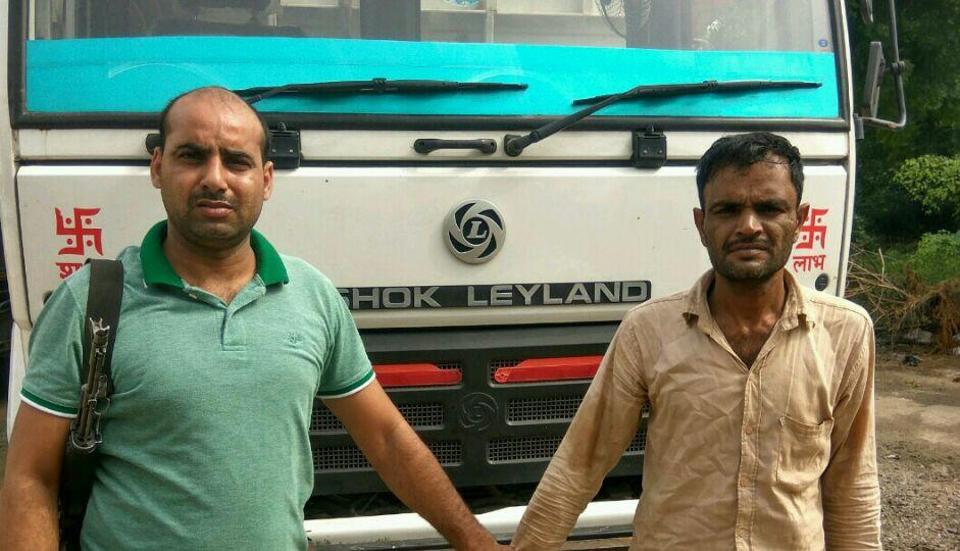
Gurgaon: Truck with illegal liquor seized, police conduct searches
The Gurgaon police have conducted searches on Saturday in Panipat in connection with the seizure of a truck containing a large quantity of Indian-made foreign liquor (IMFL) being taken illegally to Uttar Pradesh (UP).
A team of crime branch from Farrukhnagar conducted searches at three places in Panipat at the instance of Suresh, the driver of the truck from which 848 cartons of liquor pouches were seized on Thursday, the police said.
The police said they are looking for a suspect named Vijay, who was named by Suresh during questioning, but could not locate him.
The liquor was found hidden in 848 cartons under gunny bags filled with wheat husk and the truck was seized around 2am on Thursday near Pachgaon chowk on KMP expressway. The truck was intercepted on the basis of specific intelligence, the police said.
Lear MoreBangladesh seizes 25kg of gold from man posing in wheelchair
Authorities at Bangladesh’s main international airport on Sunday arrested a man accused of posing as a wheelchair user in an elaborate plot to smuggle 25 kilogrammes of gold past customs.
The bullion bust, worth an estimated $1.5 million, was the largest this year by airport officials in Bangladesh, who have been battling a record surge in gold smuggling in recent years.
Customs officials became suspicious when they noticed Jamil Akhter, who was using a wheelchair as he cleared immigration, had travelled overseas 13 times this year.
“Our team challenged him and found 250 pieces of gold weighing 25 kilogrammes beneath his undergarments taped to his thighs,” airport customs spokesman Ahsanul Kabir told AFP.
https://www.dawn.com/news/1349957
Lear MoreCounterfeit Goods Worth 25000 Seized During Man Utd Game
Around €25,000 worth of counterfeit goods were seized during the Man Utd v Sampdoria match in Dublin yesterday.
Customs officers, gardaí and Dublin City Council officials were involved in the multi-agency operation, as well as representatives from Manchester United and Adidas.
They carried out inspections of 21 vendors – and 17 were found to be selling counterfeit goods.
Around 2,200 scarves, 225 hats, 200 placards and 140 flags were seized in total.
Gardaí say similar operations will continue in order to “stop counterfeit and sub standard products affecting the trade of genuine branded products”.
https://www.todayfm.com/News/Counterfeit-Goods-Worth-25000-Seized-During-Man-Utd-Game
Lear More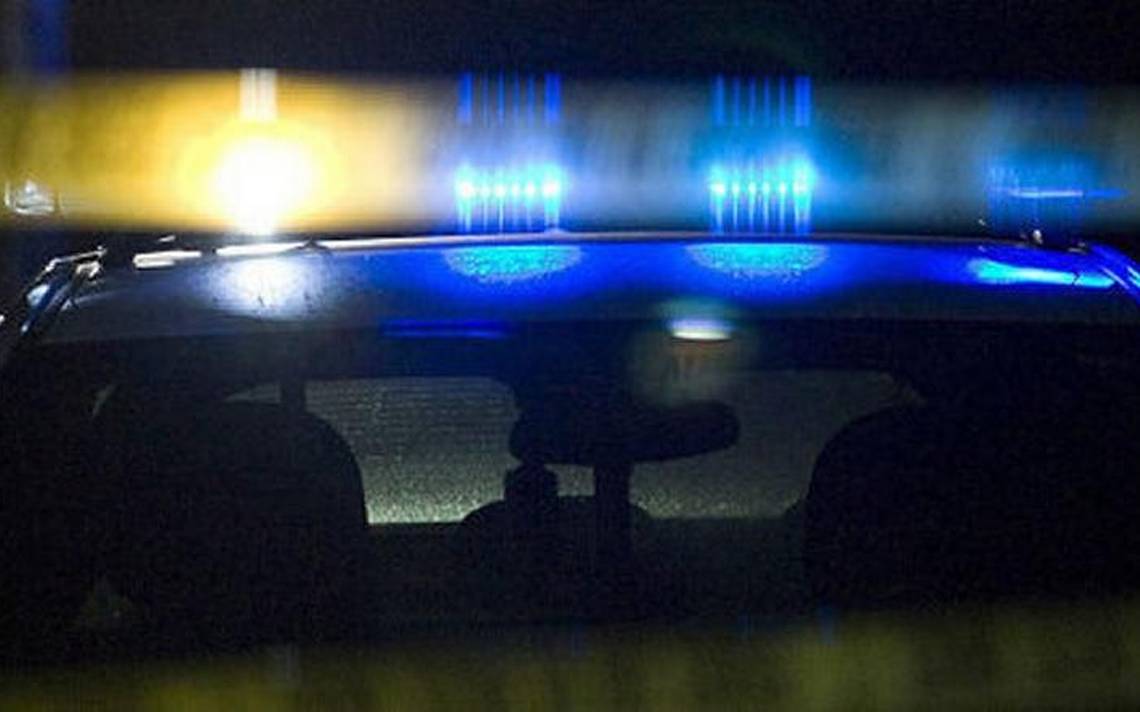
Customs seizes over 30,000 counterfeit toys arriving at port in Charleston
Over $120,000 of counterfeit toys were taken by U.S. Customs and Border Patrol agents as they arrived at Charleston port, WTOC reports.
Trademarks belonging to Saban Brands, which holds the rights to Power Rangers, and Danjaq, which owns the copyright on “James Bond 007” were found as part of the shipment, as were trademarks for Apple Inc. and Cartoon Network, according to WTOC.
The shipment’s origin was China, and WTOC reports that it arrived in late June headed for an importer in North Carolina, according to Rob Brisley, spokesman for the Department of Homeland Security.
WTOC reported that in addition to the financial impact to rights holders, counterfeit products pose safety concerns because their manufacturers have no reason to adhere to safety guidelines when it comes to production or materials according to Robert Fencel, director of the U.S. Customs and Border Protection Agency’s Charleston Area Port.
http://www.islandpacket.com/news/state/south-carolina/article164363777.html
Lear More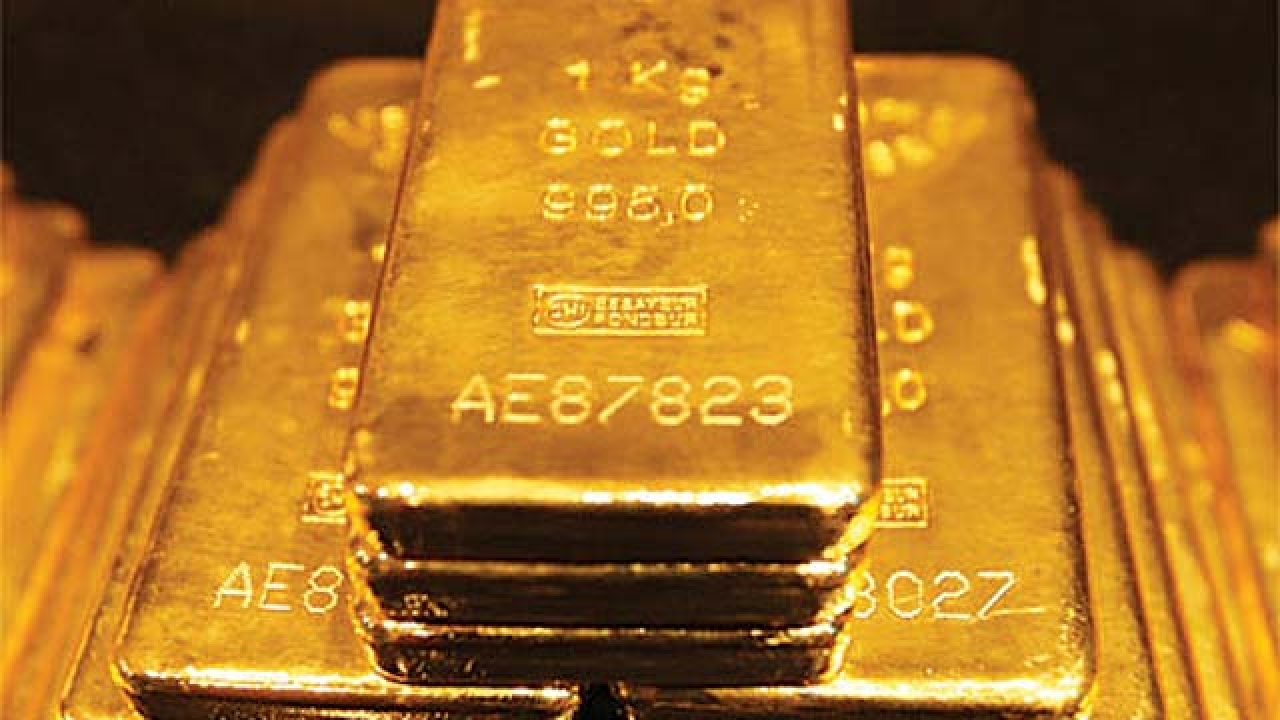
Two taiwanese nationals held for smuggling gold bars
The Air Intelligence Unit on late Friday night booked two Taiwanese nationals identified as Lin Hung Yu, 33, a graduate in Chemical Engineering and Tseng Hao Chun, 30, a graduate in Psychology after they were found in possession of 6 gold bars of 1 kg each.
The duo had Chinese passports and had arrived from Hong Kong. The officials detected the bars through the Baggage Screening Machine (BSM). The gold bars were concealed in zipped pouches which were attached to the cloth belt worn on the waist and also from their hand bags.
Each gold bar is valued at Rs 1.77 crore in the market. Both of them have admitted in their statements recorded under the Customs Act, 1962, that they were smuggling gold bars, given by a person in Taiwan in order to earn profit by selling it in the Indian market. AIU is further investigating the matter.
http://www.dnaindia.com/mumbai/report-two-taiwanese-nationals-held-for-smuggling-gold-bars-2517368
Lear More


